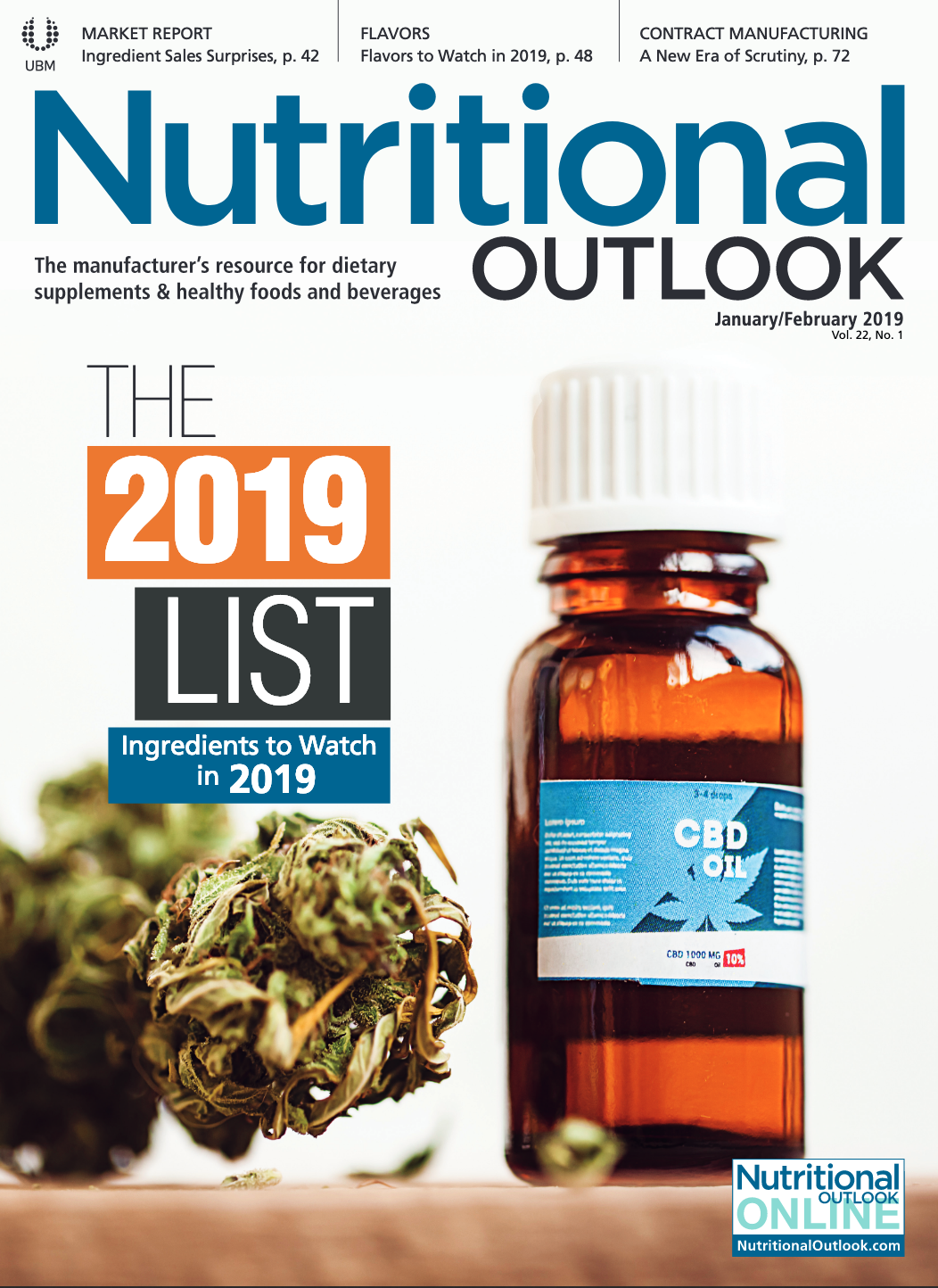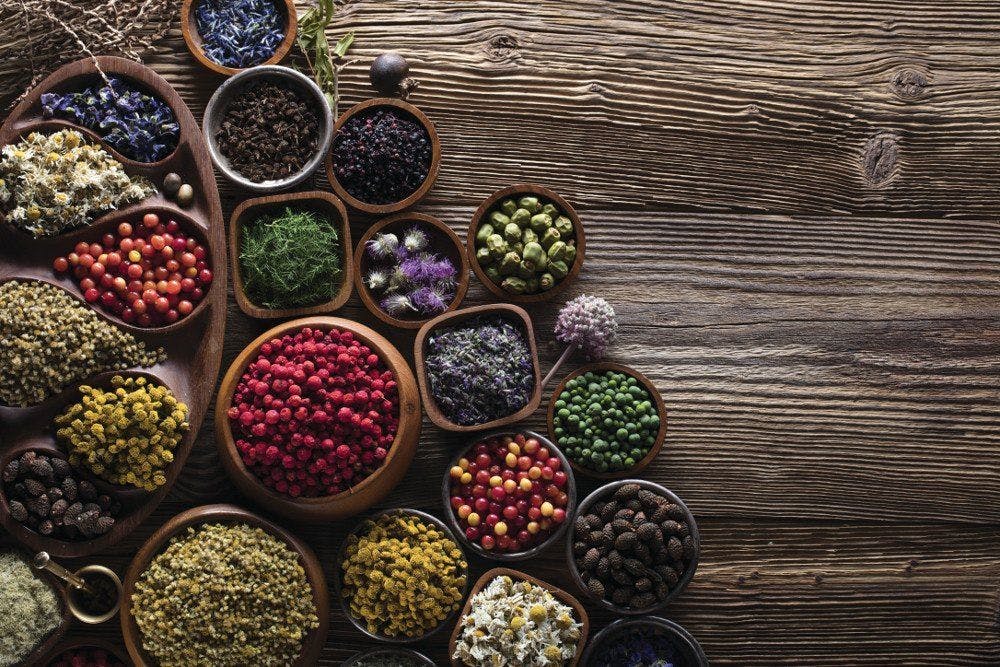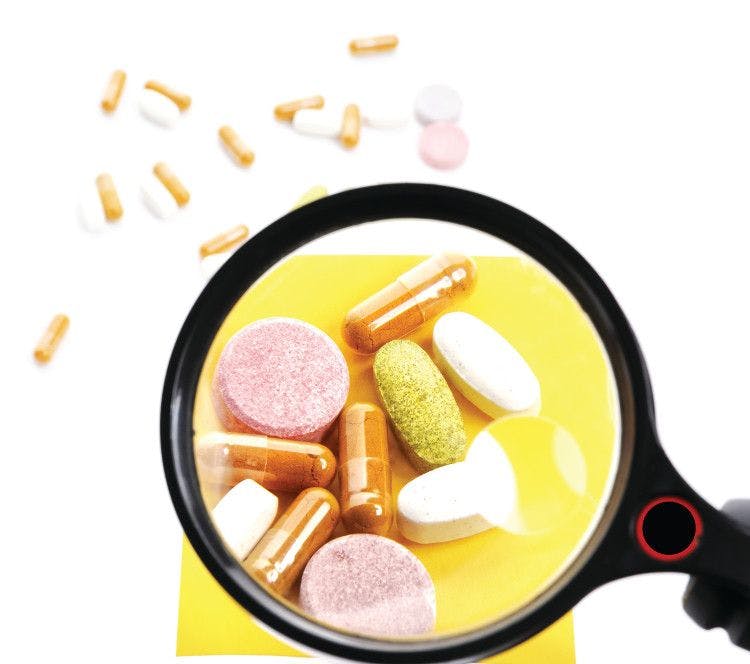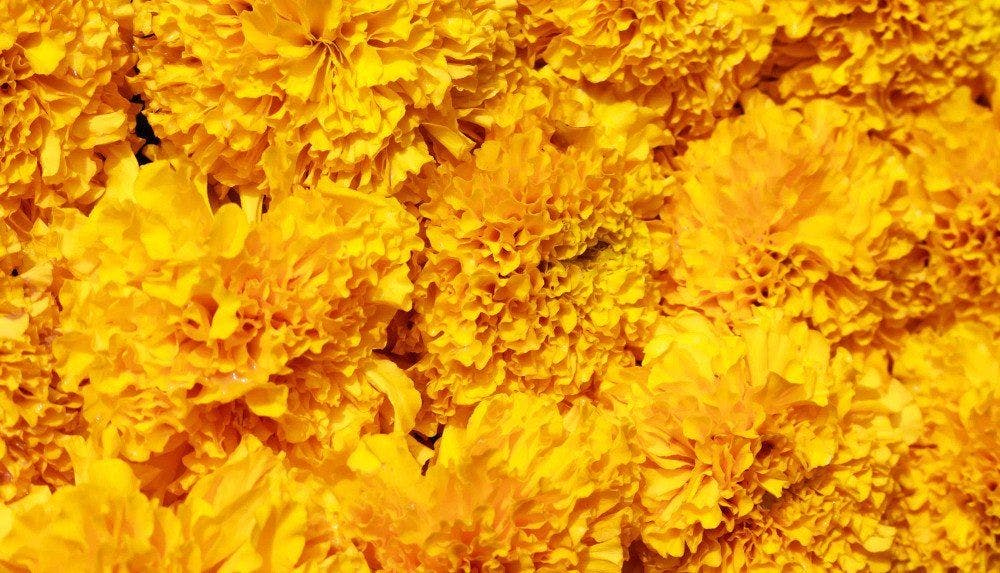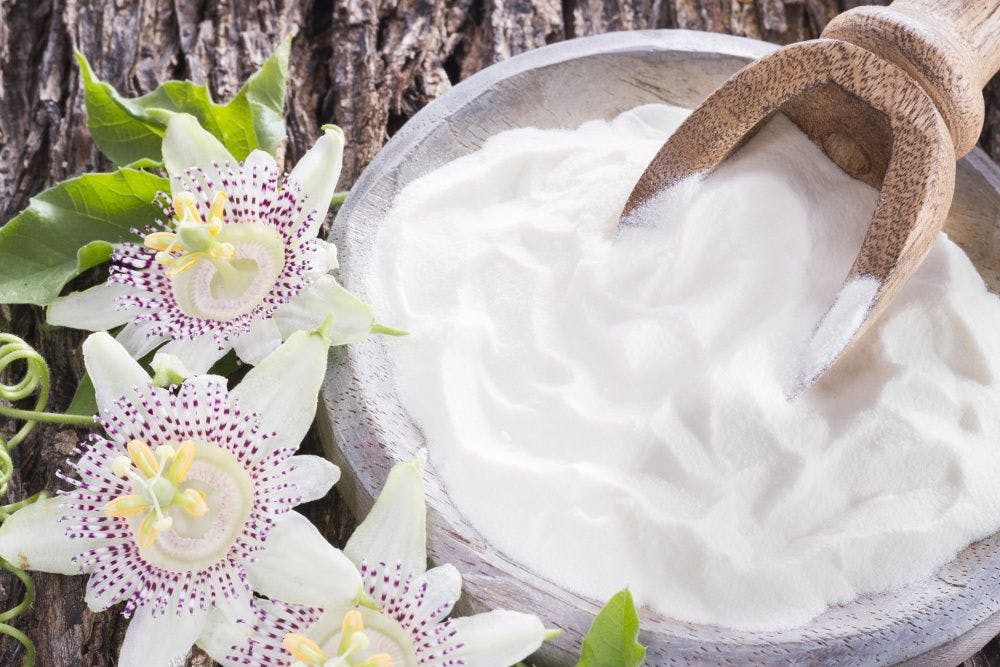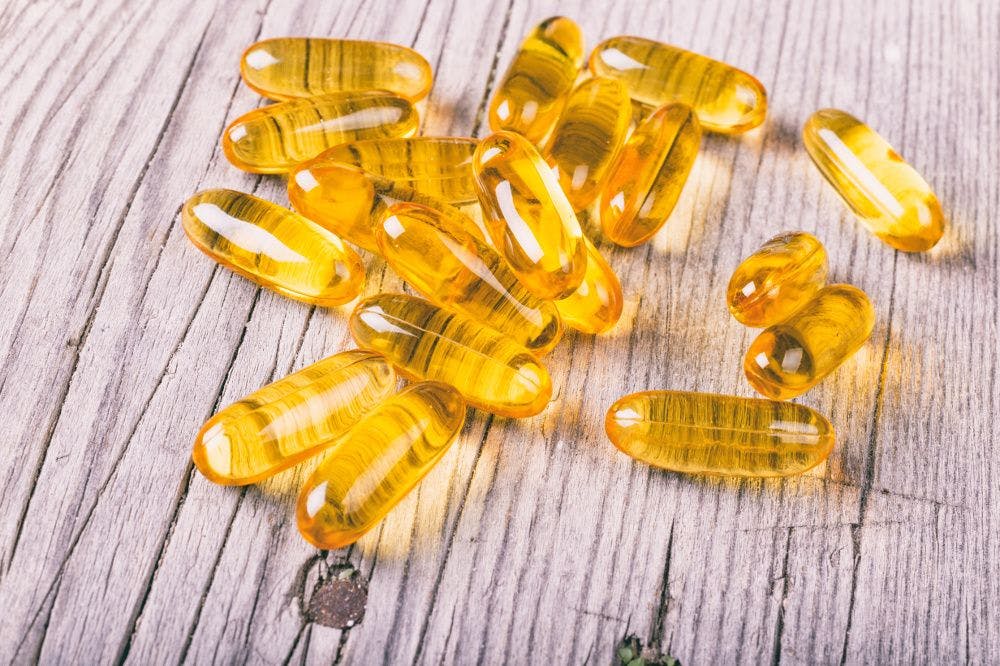Botanicals for blood sugar support
Botanicals are gaining traction in the blood sugar–management market thanks to new research demonstrating their efficacy.
Image courtesy of Zolnierek - Stock.Adobe.com
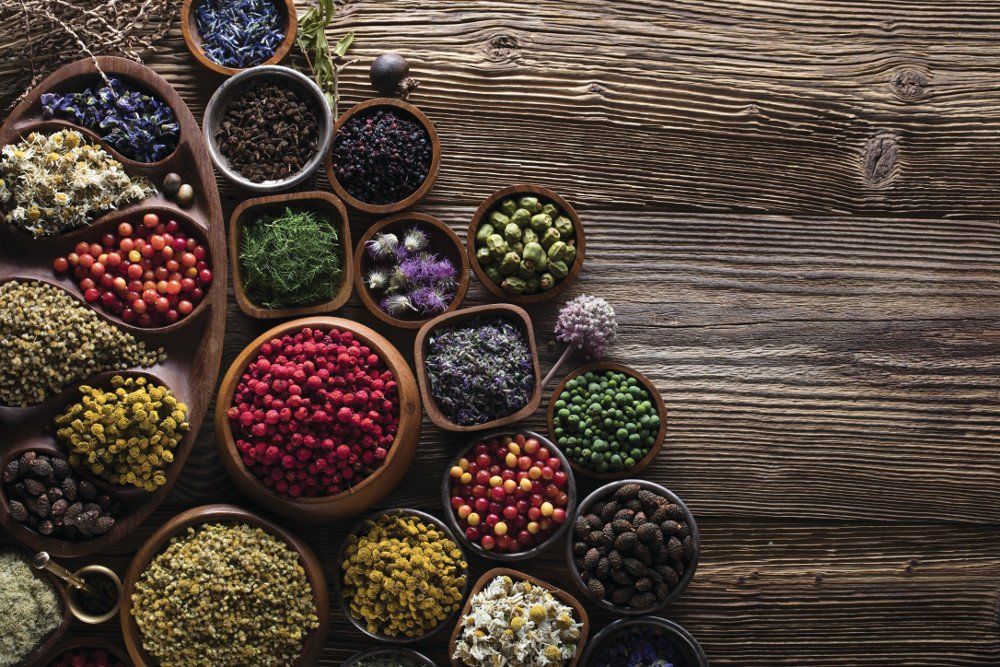
Blood sugar–support supplements represent a growing opportunity for manufacturers and brands, with consumer demand increasing as high-glycemic diets have become a global norm. Nearly 1 in 10 Americans has diabetes, according to the Centers for Disease Control and Prevention, and nearly 30% of Americans can be classified as prediabetic.1 Consumers who prefer a natural alternative to prescription medications are driving growth in the blood sugar–support botanicals niche within the general, booming herbal supplements market, which overall grew by 8.5% in 2017 to $8 billion, according to an HerbalGram report.2
As interest in botanicals as blood sugar managers grows, consumers and brands alike will look for high-quality evidence of their efficacy in this role. Which botanicals are standing out in the research? Here are some of the most promising botanical ingredients for blood sugar support.
Chinese Herbs Show Efficacy as Hypoglycemic Agents
A number of herbs used in traditional Chinese medicine are now showing promising results in clinical trials. Brien Quirk, the director of research and development for Draco Natural Products (San Jose, CA), says that one compound found in several traditional Chinese herbs is proving to be as effective as pharmaceuticals at lowering blood sugar. “Berberine is an alkaloid found in several herbs, including Coptis chinensis and Phellodendron amurense,” Quirk says. “In one clinical study, berberine was found to be as effective as metformin and showed a very potent antidiabetic effect.”
The study that Quirk references was a 2008 randomized clinical three-month trial3 that followed 36 Chinese adults between the ages of 25 and 75 who were recently diagnosed with type 2 diabetes. Participants were randomly assigned to receive either berberine or the pharmaceutical metformin, each taken in 500-mg doses three times a day. Participants were evaluated once per week for the first five weeks, and then once every four weeks until the end of the study.
The study authors measured participants’ blood glucose, serum insulin, C-peptide, plasma triglyceride, and cholesterol levels, as well as insulin resistance. Thirty-one participants completed the study. The berberine group (n=15) experienced a 36% drop in fasting blood glucose levels, relative to a 28% drop for the metformin group (n=16).
Seaweed Improves Blood Sugar in Clinical Trials
Research is now indicating that some of the best new blood sugar ingredients are botanicals that have a long history of use. Brown seaweed extract has shown impressive effects in recent human studies, particularly in complex cases.
Carol Cheow, CEO of Cactus Botanics (Irvine, CA), says that naturally occurring compounds in brown seaweed extract (fucoidan and fucoxanthin) are proving to be effective at improving blood sugar control. Cheow says that studies show improvements in participants who have a genetic predisposition to insulin resistance.
One randomized, single-blind clinical trial4 followed 60 normal-weight and obese Japanese adults between the ages of 30 and 77 years old for eight weeks. Participants self-administered either 1 mg (n=20) or 2 mg (n=20) of fucoxanthin-enriched akamoku oil or a placebo (n=20) once per day while maintaining their normal diet and exercise regimen.
The 2 mg/day group saw a statistically significant reduction in average blood glucose levels relative to the control group. The study authors concluded that this effect is dose-dependent, with larger doses having a larger effect.
“More studies have discovered that the fucoidan found in brown seaweed extract can prevent blood sugar spikes after a high-sugar meal,” Cheow says. “The extract reduces the absorption of sugar into the bloodstream.”
Brown seaweed extract may also have other properties that can promote blood sugar control. One clinical trial5 currently underway in Canada is examining the extract for its effects on other glucose metabolism markers.
Research Validates Use of Traditional Botanicals
Ancient cultures have been using botanicals in their systems of medicine for thousands of years, but now, research is proving the efficacy of some of these botanicals. Shaheen Majeed, president, worldwide, Sabinsa (East Windsor, NJ), says that botanicals like turmeric (Curcuma longa) are showing promising results when administered in the form of standardized extracts.
One recent randomized, double-blind, placebo-controlled clinical trial6 followed 118 subjects between the ages of 18 and 65 who had type 2 diabetes mellitus. Subjects were randomly assigned to receive a brand-name 500-mg curcuminoid/5-mg piperine supplement, or a placebo, twice per day for three months.
Participants’ overnight fasting blood glucose levels were taken at week 0 and week 12. The study authors also measured participants’ height, weight, and blood pressure. One-hundred subjects completed the trial.
After 12 weeks, the experimental group (n=50) saw statistically significant reductions in BMI and body weight (p < 0.001) relative to the control group (n=50). The experimental group also exhibited significant elevations in serum total antioxidant capacity and superoxide dismutase, as well as a significant reduction in serum malondialdehyde (p < 0.001).
The study authors concluded that curcuminoids are a safe and effective antioxidant supplement. Curcuminoids hold value as blood sugar–support ingredients because illnesses like diabetes are known to cause overproduction of superoxides in the mitochondria, which activates pathways that can cause complications in diabetes patients.7
Other botanicals that show promise as blood sugar–support ingredients include fenugreek (Trigonella foenum-graecum) and kino heartwood, derived from the Indian Kino tree (Pterocarpus marsupium). Cheow says that fenugreek seeds are known to exhibit potent antioxidant, hypoglycemic, and nephroprotective activities, as well as serving as membrane stabilizers. Cheow points to a recent randomized, double-blind, placebo-controlled clinical trial8 demonstrating that Cactus Botanics’ branded fenugreek supplement, Fenfuro, significantly reduced fasting blood plasma and postprandial blood sugar levels in participants.
The trial followed 154 subjects between 25 and 60 years of age with type 2 diabetes for a period of 90 days. Participants received a daily dose of two 500-mg Fenfuro-brand fenugreek capsules (n=77) or a matching placebo (n=77). Fasting and postprandial plasma sugar levels were assessed at baseline and on days 30, 60, and 90. Relative to the placebo group, the experimental group saw statistically significant decreases in fasting plasma sugar levels and postprandial plasma sugar levels.
Majeed says that kino heartwood is also showing promise as a blood sugar ingredient. He cites the results of a randomized double-blind clinical trial9 on 349 diabetic subjects who received either 2 g of Pterocarpus marsupium (n=172) or 0.75 g of the antidiabetic drug tolbutam-ide (n=177) per day for the first four weeks, with doses increasing every four weeks during the course of the 36-week trial.
At the end of the trial, 86% of subjects in the kino heartwood group were maintaining blood glucose control, relative to 94% of the subjects in the tolbutamide group. The experimental group saw an average 4.3 mmol/L reduction in postprandial blood glucose levels over the course of the trial, relative to a 4.4 mmol/L reduction for the control group. These findings indicate that kino heartwood is about equally as effective as tolbutamide at maintaining stable blood glucose levels in people with diabetes.
Goldenberry Is a Rising Star
One promising ingredient to watch is goldenberry (Physalis peruviana). Ramon Luna, marketing coordinator for Ecuadorian Rainforest (Clifton, NJ), says that goldenberry is both nutritious and effective at controlling blood sugar.
“Polyphenols are now getting much attention thanks to a recent study on the nutrient’s effect on blood sugar,” Luna says. “Goldenberry is an antioxidant-packed superfruit that is also a very good source of polyphenols.”
Luna points to animal studies showing that polyphenols can promote natural blood sugar management. The human research, while promising, is still in its early stages.
In general, some epidemiological studies have shown that polyphenol intake is correlated with a lower risk of type 2 diabetes. One comprehensive literature review10 assessed several epidemiological and observational studies, as well as multiple meta-analyses of randomized controlled trials. This literature review found that some compounds rich in polyphenols reduce fasting glucose and improved insulin sensitivity, though the available studies have small samples sizes or poor statistical analyses and therefore more research is required.
Botanicals on the Rise
A number of traditional botanical ingredients are gaining popularity as supplements for blood sugar support thanks to growing evidence of their efficacy. Meanwhile, continuing research is opening up possibilities for newer botanicals typically used for other purposes that may hold promise as blood health supplements. As more studies emerge, expect consumers who are wary of pharmaceuticals to drive demand for blood sugar–support botanicals.
Sidebar:
Sex differences in efficacy?
There may be a difference in the sexes when it comes to how certain blood sugar botanicals affect the body. A 2018 animal study11 by researchers at Louisiana State University found that tarragon (Artemisia dracunculus L.) And bitter melon (Momordica charantia) improved insulin sensitivity in male, but not female, mice. Also, human cross-sectional studies have already shown statistically significant sex differences in fasting blood glucose levels.12 More human research is needed to determine how blood sugar–support botanicals affect male and female subjects.
References:
- “National Diabetes Statistics Report, 2017.” Centers for Disease Control and Prevention. Published online August 8, 2017.
- Smith T et al. “Herbal supplement sales in U.S. increased 8.5% in 2017, topping $8 billion.” HerbalGram, Journal of the American Botanical Council, vol. 119 (Fall 2018): 62-71
- Yin J et al. “Efficacy of berberine in patients with type 2 diabetes.” Metabolism, vol. 57 no. 5 (May 2008): 712-717
- Mikami N et al. “Reduction of HbA1c levels by fucoxanthin-enriched akamoku oil possibly involves the thrifty allele of uncoupling protein 1 (UCP1): A randomised controlled trial in normal-weight and obese Japanese adults.” The Journal of Nutritional Science. Published online February 14, 2017.
- Jacques H et al. “Brown seaweed extract on glycemic control and body weight (Algues).” ClinicalTrials.gov Identifier: NCT03075943
- Panahi Y et al. “Antioxidant effects of curcuminoids in patients with type 2 diabetes mellitus: A randomized controlled trial.” Inflammopharmacology, vol. 25, no. 1 (February 2017): 25-31
- Giacco F et al. “Oxidative stress and diabetic complications.” Circulation Research, vol. 107, no. 9 (October 2010): 1058-1070
- Verma N et al. “A multicenter clinical study to determine the efficacy of a novel fenugreek seed (Trigonella foenum-graecum) extract (Fenfuro) in patients with type 2 diabetes.” Food & Nutrition Research. Published online October 11, 2016.
- Hariharan RS et al. “Efficacy of vijayasar (Pterocarpus marsupium) in the treatment of newly diagnosed patients with type 2 diabetes mellitus: A flexible dose double-blind multicenter randomized controlled trial.” Diabetologia Croatica, vol, 34, no. 1 (May 2005): 13-20
- Kim Y et al. “Polyphenols and glycemic control.” Nutrients, vol. 8 no. 1 (January 2016): 17
- Fuller S et al. “Potential adverse effects of botanical supplementation in high-fat-fed female mice.” Biology of Sex Differences, vol. 9 no. 1 (September 2018): 41
- Anish TS et al. “Gender differences in blood pressure, blood sugar, and cholesterol in young adults with comparable routine physical exertion.” Journal of Family Medicine and Primary Care, vol. 2 no. 2 (April-June 2013): 200-203
